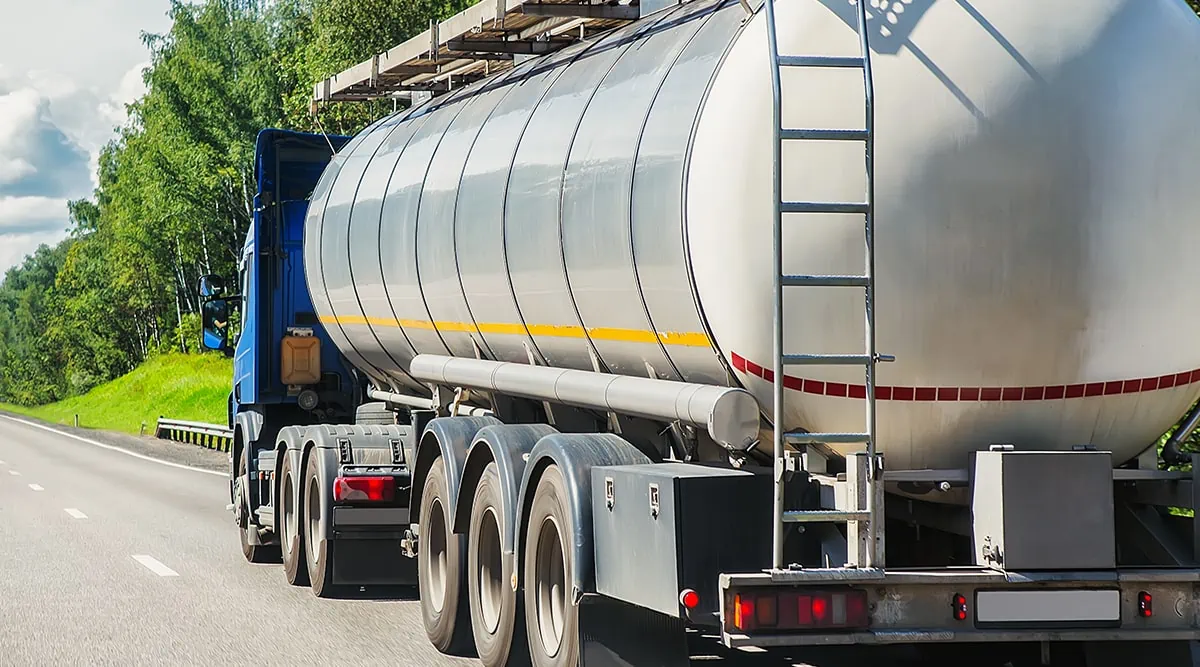The Definitive Guide for Reclaim Waste
Table of ContentsThe Definitive Guide to Reclaim WasteGetting The Reclaim Waste To WorkEverything about Reclaim WasteGetting My Reclaim Waste To WorkUnknown Facts About Reclaim Waste
With correct liquid waste management, business can minimize energy-intensive treatment procedures and disposal prices. By complying with a system for taking care of liquid waste, business can avoid costly penalties and charges and prevent negative promotion.(https://www.easel.ly/browserEasel/14532007)Collect representative samples from different factors within the waste stream to ensure precision. Liquid waste, especially dangerous ones, postures considerable threats during this step.

Disinfection (e.g., chlorination, ultraviolet light, ozonation) and nutrient elimination (e.g., denitrification and phosphorus eradication) are recommended under strict guidelines. Various companies went against several fluid waste disposal guidelines in current years.
A Biased View of Reclaim Waste

are utilized by sectors that produce big volumes of low-toxicity liquid waste. Shallow basins have liquid waste that is permitted to evaporate via all-natural processes. The deposit left can be disposed of in land fills. entails shedding fluid waste at heats and transforming it right into gas and ash. This kind of disposal is subject to rigorous ecological guidelines as a result of possibly dangerous discharges.
The findings need to be recorded, evaluated, and kept not just for submission to governing authorities yet likewise for making improvements in the future. Use reputable tools, techniques, and software application options to ensure accurate and regular information collection. Keep updated on appropriate ecological regulations and industry requirements. Share information with relevant stakeholders (e.g., workers, governing government companies, and nearby neighborhoods) to keep transparency and responsibility.
Recognizing these can aid them successfully manage their operations and decrease their environmental influence. Business that can't invest in facilities ought to consider collaborating with the public sector for better remedies.
A Biased View of Reclaim Waste
By applying comprehensive administration systems that include treatment and reusing strategies, routine surveillance, risk assessments, and adherence to regional and government policies, commercial centers can add to the security of groundwater products, ensuring their availability for future generations (industrial wastewater treatment). Allow's look into the significance of effective fluid waste administration in the industrial sector, concentrating on its effects for safeguarding groundwater resources
The air pollution of groundwater resources as a result of incorrect fluid waste management in the industrial field has far-ranging consequences for human health, agriculture, and the setting all at once. Some of the potential effects triggered by such contamination include: Polluted Alcohol consumption Water Materials: As groundwater supplies a considerable part of our drinking water, pollution from commercial tasks can lead to unsafe chemicals and microbes entering our water supply, positioning health and wellness dangers for humans.
Reduced Agricultural Performance: Agriculture counts greatly on groundwater for watering; consequently, polluted water can impede crop yields, contaminate farming items, and impact food safety and security. Offered the value of maintaining groundwater resources, it is essential for businesses to take a proactive position in handling their fluid waste sensibly and stopping pollution.
How Reclaim Waste can Save You Time, Stress, and Money.
Fluid waste can pollute land and contaminate waters. Under the Security of the Setting Operations Act 1997, organizations that produce fluid waste are called for to handle it in such a way that protects the environment and the area. Info about dealing with and saving fluid waste, reacting to spills and lowering fluid waste is readily available in the complying with fact sheets and advice:.
The role of waste management specialists in protecting this priceless resource can not be overemphasized. Contaminated water and polluted effluent monitoring: Guaranteeing that dangerous fluids are securely eliminated and Learn More dealt with before they can hurt our water resources.
Thus, integrating sustainable liquid waste monitoring into economic planning boosts financial stability and shields the setting, demonstrating the value of this method. To conclude, embracing specialist liquid waste management methods is essential for ensuring a sustainable future, safeguarding our atmosphere and safeguarding the health of future generations - liquid waste removal. At E&E Waste, we are dedicated to promoting a much better tomorrow through responsible activities today.
When it concerns dealing with waste, adhering to appropriate procedures is important for a multitude of reasons. Correct waste disposal is not just concerning cleanliness; it has to do with making sure the wellness of our environment, wellness, and the effective use sources. Comprehending the significance of effective waste management can assist us all add to a healthier, cleaner world.
The Single Strategy To Use For Reclaim Waste
Reliable waste monitoring aids keep tidy roads and public areas, lowering the aesthetic effect of clutter and making sure that waste does not damage wildlife. When waste is not taken care of effectively, it can result in pollution, where unsafe compounds can seep right into the dirt, water systems, and the air, creating long-term ecological issues.